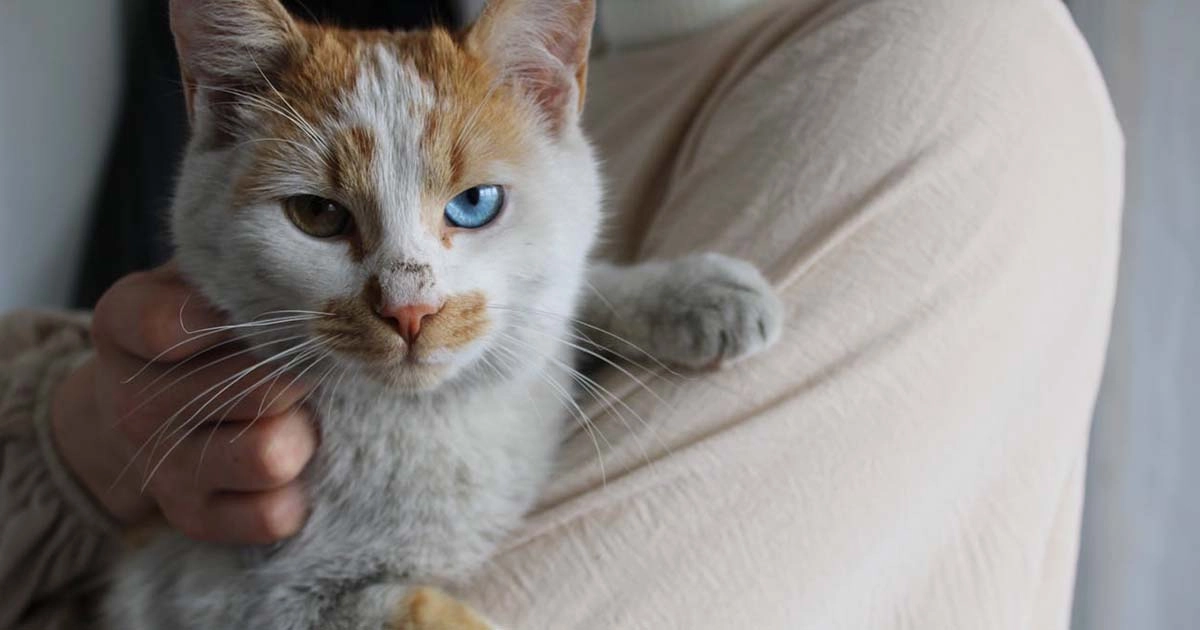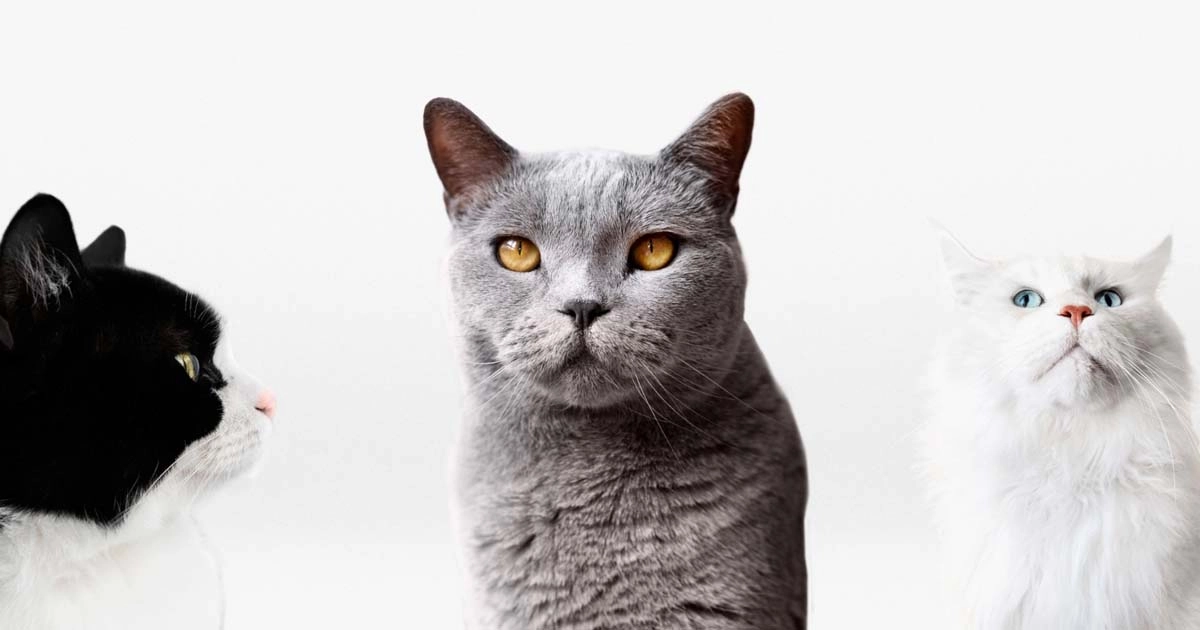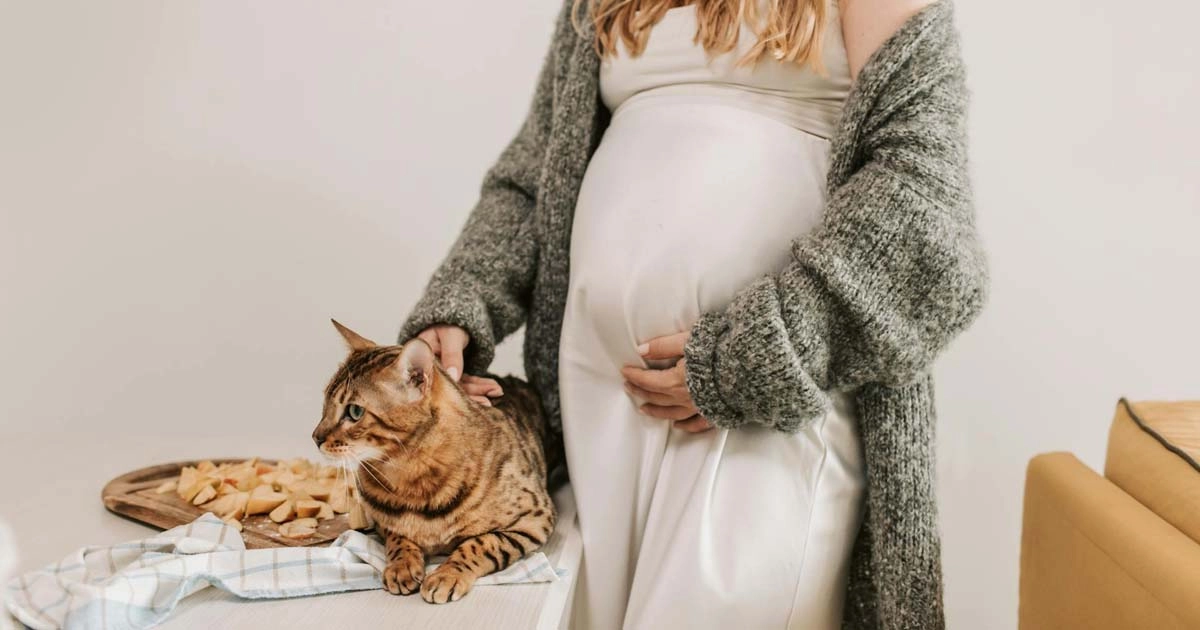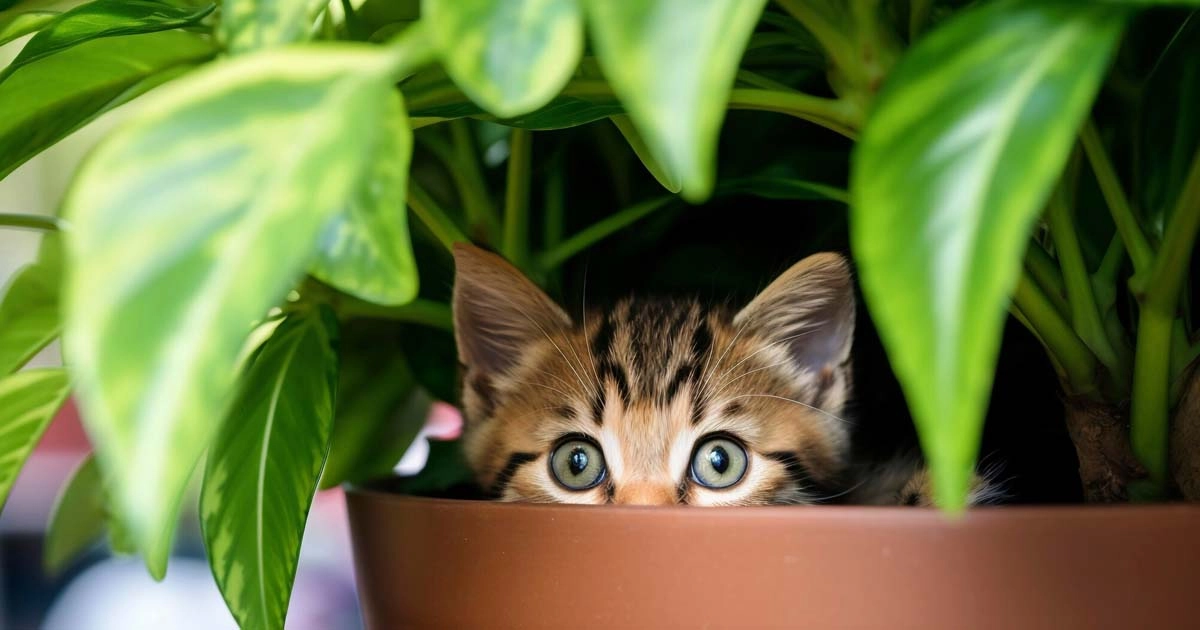Learn to understand your cat’s body language from every tail flick to the smallest whisker twitch

Cat
27/03/2024
Cats are subtle and complicated in the way they communicate but taking time to learn their body language can help to strengthen the relationship with your cat. Learning the signs that they are happy, or when they just want to be left alone, can be a big help to you both.
Unlike dogs, cats haven’t evolved to have lots of facial muscles, which means their faces aren’t as expressive as dogs. This is why it’s important to recognize even the smallest signs and changes in their body language because although they seem small, they say an awful lot.
Common cat body language
There are a few things you might’ve seen your cat do to let you know if they’re happy, upset or stressed. You can see more about body language in cats in our video above.
Signs your cat is happy and relaxed
There’s nothing better than seeing a happy cat! There are a few clear signs that your cat is happy. These include:
- An upright tail: If your cat’s tail is upright, sometimes curved at the tip, and they’re walking towards you, this is usually a greeting and means they are happy to see you
- Soft eyes: By this, we mean they’re not open wide and alert. They might be half closed (more of a rugby ball shape than a football)
- Slow blinking: Cats will slow blink one another as well as people to show they are relaxed and being friendly. If you slow blink at a cat, then slowly turn your head away, this is a great way to show a cat that you’re not threatening
- Rolling onto their back: If your cat is happy and relaxed with you, they might roll onto their back and show you their tummy. This is a sign of greeting and trust – not an invitation for belly rubs! To save your hand from the swipe of sharp claws, it’s best to give them a gentle head rub instead
- A hop-up: If your cat does a little hop-up to greet you, they’re asking for a fuss. It would be rude not to oblige
Signs your cat is anxious or stressed
There are lots of things that can make our cats worried or stressed – from other cats to unfamiliar sounds such as a new washing machine. Some common signs to look out for include:
- Staying close to the ground: Your cat might crouch low to the ground and try to hide away. It’s important to always make sure they have a safe place they can run to and hide. Read more about cats hiding
- Flat ears: If your cat is stressed, their ears might be flat against their head
- Wide eyes: If something is worrying your cat their eyes and pupils will be wide
Anxious or stressed cats may prefer to hide rather than seek out your attention. It’s important that you give them space, otherwise you could make the problem worse.
Signs your cat is feeling very threatened
You may have heard cats fighting over territory, but their body language also completely changes when they feel very threatened. Look out for:
- Arched back: A very scared cat will tend to arch their back to make themselves look bigger and more intimidating
- Tense tail: If your cat is arching their back because they’re extremely scared, the likelihood is their tail will be upright and tense too
- Big fur and whiskers: When your cat is feeling very threatened, their fur will all stand on end and their whiskers will be pointing forward (usually towards the thing they are looking at that is making them feel this way)
Very scared cats also tend to hiss or even take a swipe at whatever is making them unhappy. Don’t get close to them and instead (if you can) work out what’s making them unhappy.
Can I communicate with my cat through body language?
Understanding what your cat is telling you with their body can help you to communicate with them. The most important thing to remember is not to stare at your cat. They can see this as a threat which can be scary for them and won’t respond in a friendly way!
If your cat is telling you (through their body language) that they feel comfortable and relaxed around you, you can tell them the same. Slowly blink at them and move your head slightly to the side. If you’re lucky, your cat will do the same back. Saying ’puss puss‘ or making any noises at your cat with a strong ’ss‘ noise will put them off. This sounds like hissing to them, so they’ll think you’re being unfriendly.
Purring
We often think that our cats are happy when they purr. This is only true if their body language is relaxed. They can also purr to get your attention and fuss. Sometimes cats can purr in stressful situations, such as going to the vet. Sadly, this doesn’t necessarily mean they’re happy at the vet! They can also sometimes purr if they are in pain. It’s important to watch your cat’s body language as well as looking at the context as this is a better indicator of whether they are happy and comfortable.











